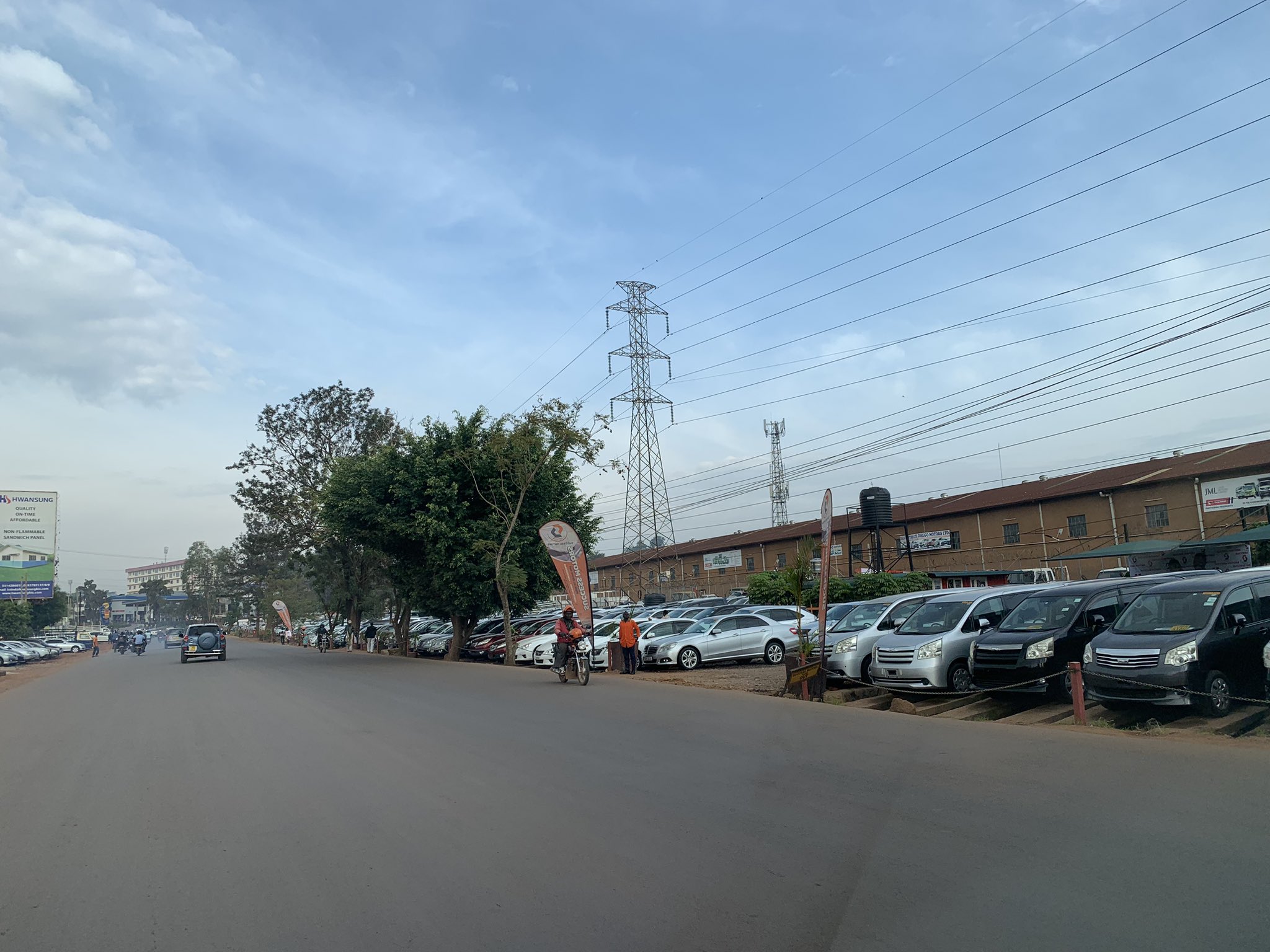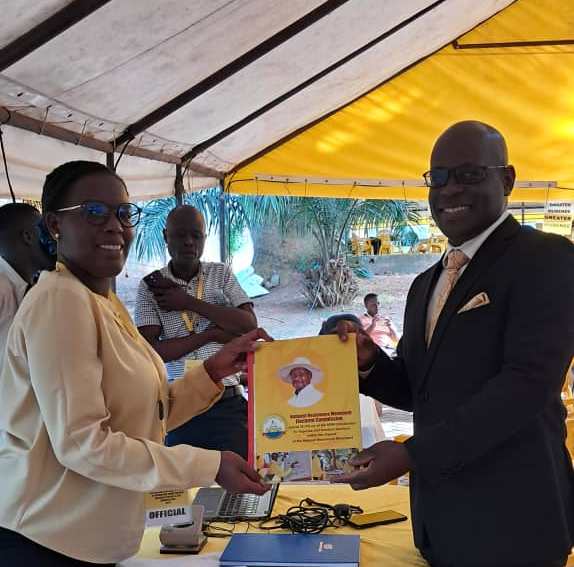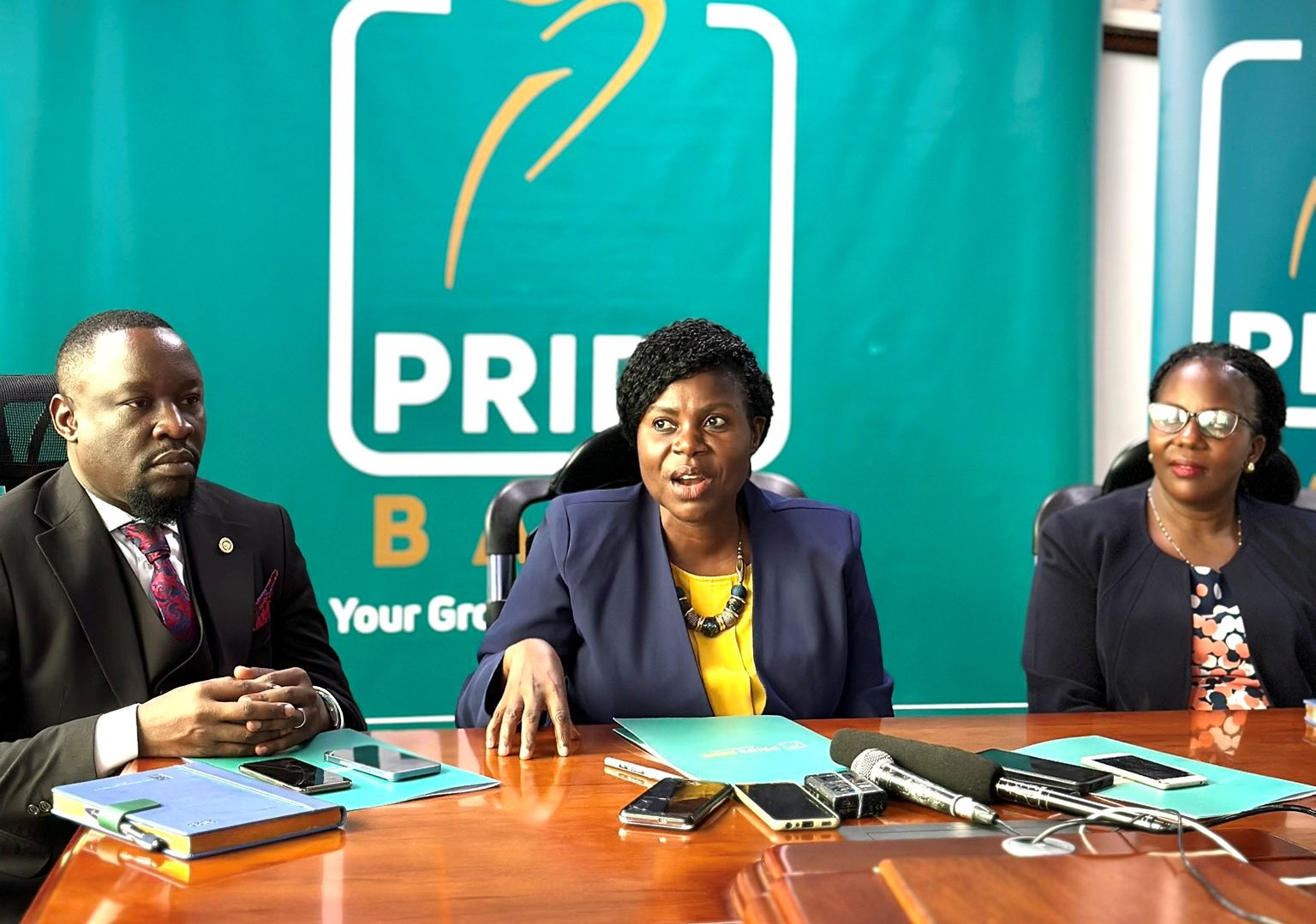Besigye’s People’s Front for Freedom gets clearance from Electoral Commission to register
The party's formation marks a decisive move by Besigye and his allies to forge a new path, symbolized by their chosen emblem: a mobile phone, representing connection and accessibility.

The Ugandan political scene is poised for a potential shake-up as the Electoral Commission (EC) has officially gazetted the application of the People’s Front for Freedom (PFF) to register as a political party. This announcement, published in the Uganda Gazette on Friday, signals a significant development, potentially adding a fresh voice and new dynamics to the opposition landscape.
Led by veteran politician Dr. Kizza Besigye, alongside other former prominent figures from the Forum for Democratic Change (FDC), the PFF’s emergence follows a period of internal strife and factionalism within the FDC. The party’s formation marks a decisive move by Besigye and his allies to forge a new path, symbolized by their chosen emblem: a mobile phone, representing connection and accessibility.
The EC’s notice, signed by Chairman Simon Mugenyi Byabakama, adheres to the Political Parties and Organizations Act, initiating a crucial phase where public scrutiny is invited. The EC has opened a 14-day window for individuals or groups to lodge any objections they may have regarding the PFF’s registration application. This period will be critical in determining the legal standing and future of the nascent political entity.
The roots of the PFF lie deep within the fractures that have plagued the FDC in recent years. Accusations of illicit funding from President Museveni during the 2021 general elections were leveled against the FDC’s president, Amuriat Oboi Patrick, and secretary general, Nathan Nandala Mafabi. These allegations ignited a deep rift, splitting the party into two distinct factions: the Katonga Road faction, backed by Kizza Besigye, and the Najjanankumbi faction.
The move to create the PFF is spearheaded by the Katonga Road faction, driven by a desire to offer an alternative platform for disillusioned members and those seeking a fresh approach to Ugandan politics. The EC’s announcement comes after a reported six-month review process, suggesting a thorough assessment of the application before its official publication.
The registration of the PFF has the potential to reshape the Ugandan political landscape in several ways. It could:
- Consolidate Opposition Voices: The PFF could attract voters dissatisfied with the current political climate, offering a new outlet for their concerns and aspirations.
- Intensify Competition: The presence of another significant opposition party could force existing parties to sharpen their platforms and strategies, potentially leading to a more vibrant and competitive political discourse.
- Re-align Political Loyalties: The formation of the PFF could lead to a re-alignment of political loyalties as individuals and groups choose between aligning with the new entity, remaining with the established FDC, or exploring other political options.
- Impact Future Elections: Depending on its success in mobilizing support and articulating a compelling vision for the future, the PFF could significantly impact the outcome of future elections.
However, the PFF faces significant hurdles:
- Public Scrutiny: The next two weeks will be crucial as the Electoral Commission evaluates any objections from the public. Any legal challenges or substantial opposition could delay or even derail the registration process.
- Establishing Credibility: The PFF needs to quickly establish credibility and demonstrate its ability to function effectively as a political party. This will involve developing a clear platform, attracting talented individuals, and building a strong organizational structure.
- Overcoming Internal Divisions: While the PFF represents a breakaway from the FDC, it needs to ensure internal cohesion and avoid replicating the factionalism that plagued its predecessor.
- Competing with Incumbency: The PFF will face the significant challenge of competing with the established ruling party, which enjoys the advantages of incumbency, including access to resources and media coverage.
The gazetting of the PFF’s application is a significant development in Ugandan politics. Whether the PFF can successfully navigate these challenges and contribute meaningfully to the Ugandan political landscape remains to be seen, but its emergence has undoubtedly injected a new element of uncertainty and potential into the country’s political future.






